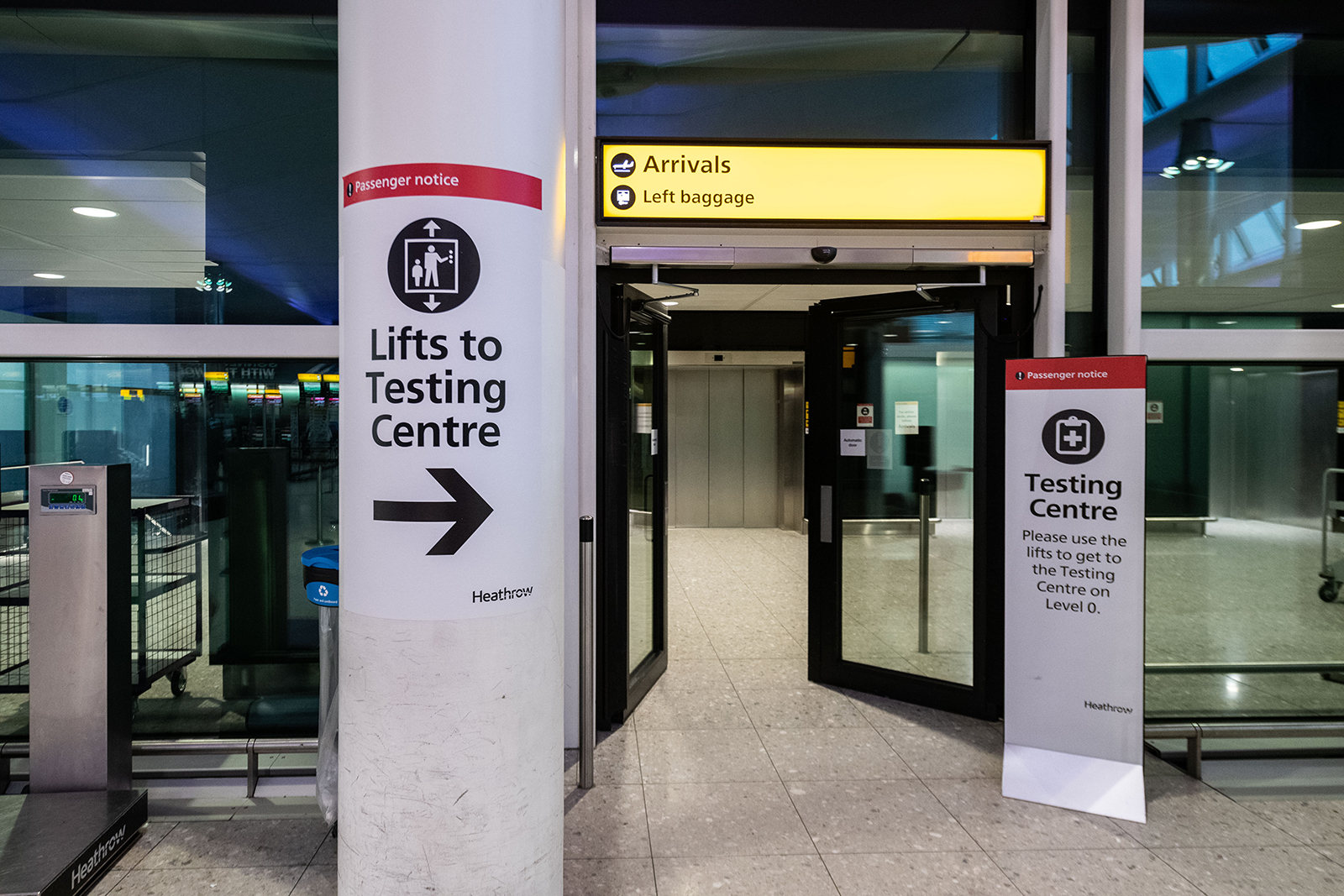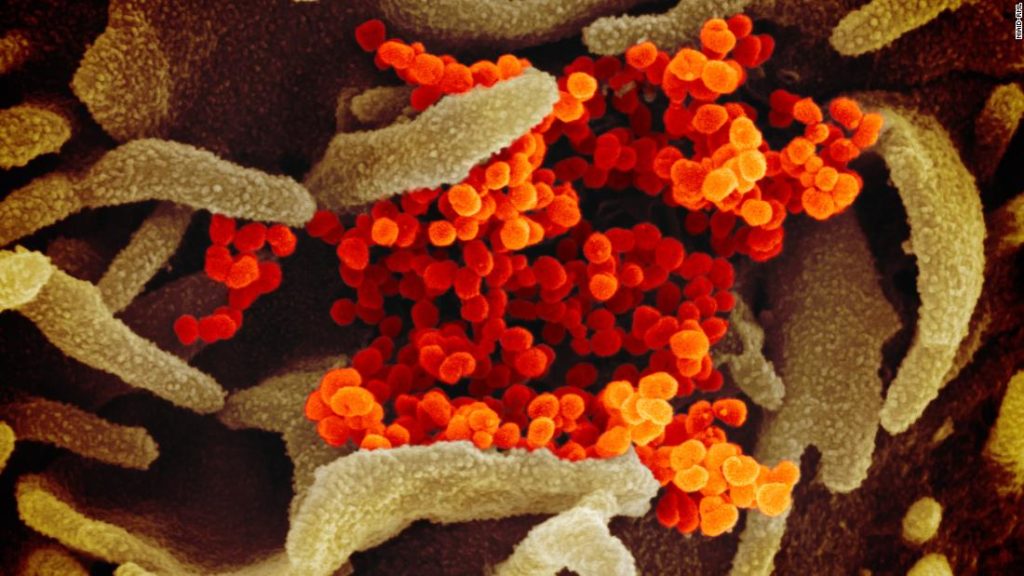
The United Kingdom has introduced mandatory Covid-19 testing for all international arrivals into the country, including British nationals, according to a statement by the UK’s Department of Transport on Friday.
In the statement, Transport Secretary Grant Shapps said the changes would take place from “next week.” Passengers will be required to present a negative Covid-19 test result 72 hours prior to departure for entry into the UK, along with a “passenger locator form.”
Passengers who fail to comply with pre-departure testing will be subject to a £500 ($680) fine and those arrivals not from countries on the government’s travel corridor list will still have to self-isolate for 10 days, regardless of test result.
The measures are intended to protect the country against emerging new variants of the coronavirus.
One new variant first identified in the UK prompted a wave of travel restrictions from other countries in December, and has been linked to a recent surge in cases in England.
Travel ban: The UK government announced on Thursday it will extend its travel ban to include southern African countries, in an attempt to protect itself against the spread of a new coronavirus variant.
In a statement, the government said from 4 a.m. GMT on Saturday, January 9, entry into England will be banned from countries including Namibia, Zimbabwe, Botswana, Zambia, Lesotho, Mozambique, the Seychelles and Mauritius.
“The government has responded swiftly to new evidence showing an urgent need to halt travel from all southern African countries to help prevent the spread of a new coronavirus (COVID-19) variant identified in South Africa,” the statement said.
The ban does not apply to British and Irish nationals, long-term visa holders or permanent residents, who will be able to enter but will have to self-isolate for 10 days on arrival.
The restriction adds to an ongoing travel ban on visitors who have been in or transited through South Africa in the past 10 days.
You may also like
-
UK coronavirus variant has been reported in 86 countries, WHO says
-
NASA technology can help save whale sharks says Australian marine biologist and ECOCEAN founder, Brad Norman
-
California Twentynine Palms: Explosives are missing from the nation’s largest Marine Corps base and an investigation is underway
-
Trump unhappy with his impeachment attorney’s performance, sources say
-
Lunar New Year 2021: Ushering in the Year of the Ox

